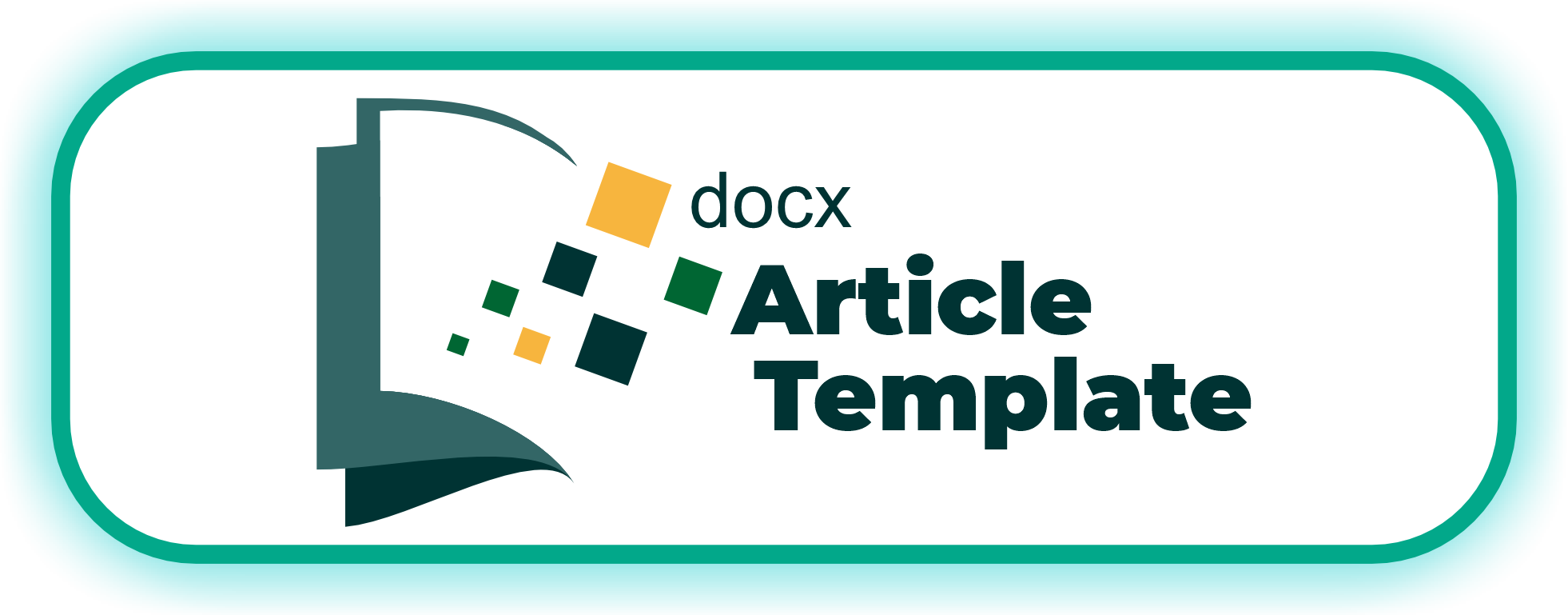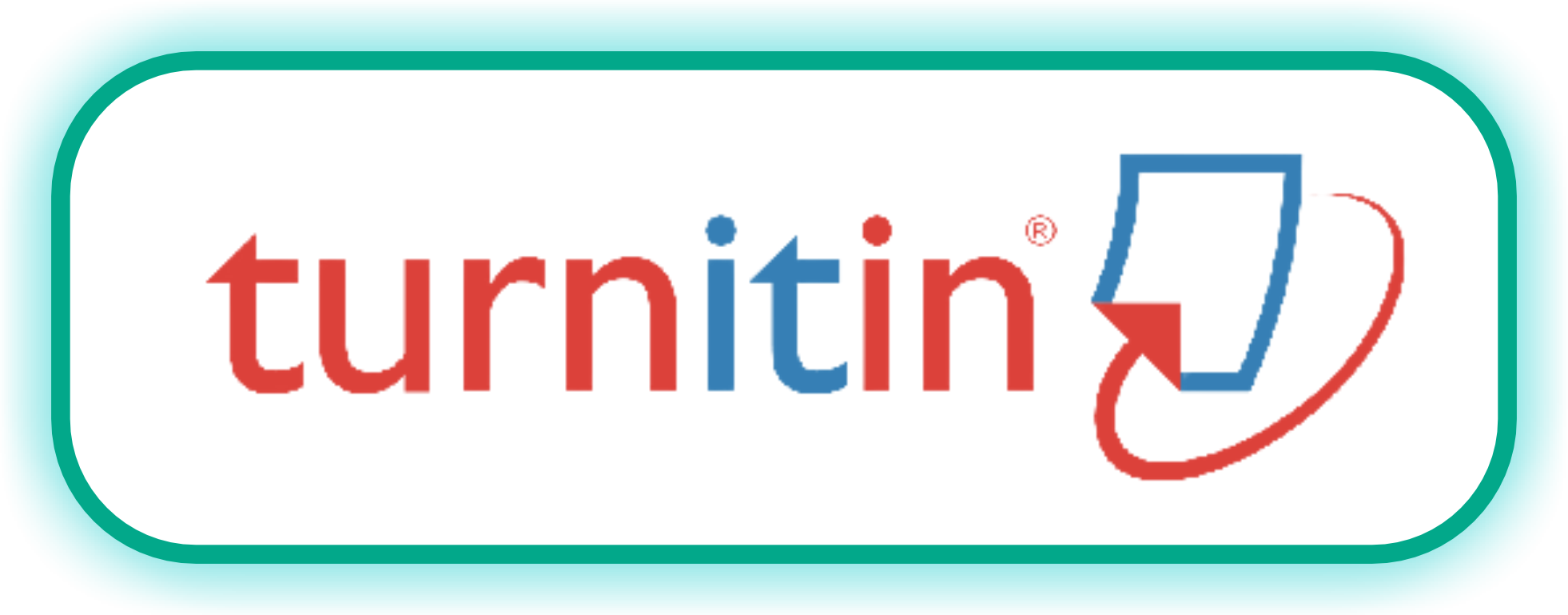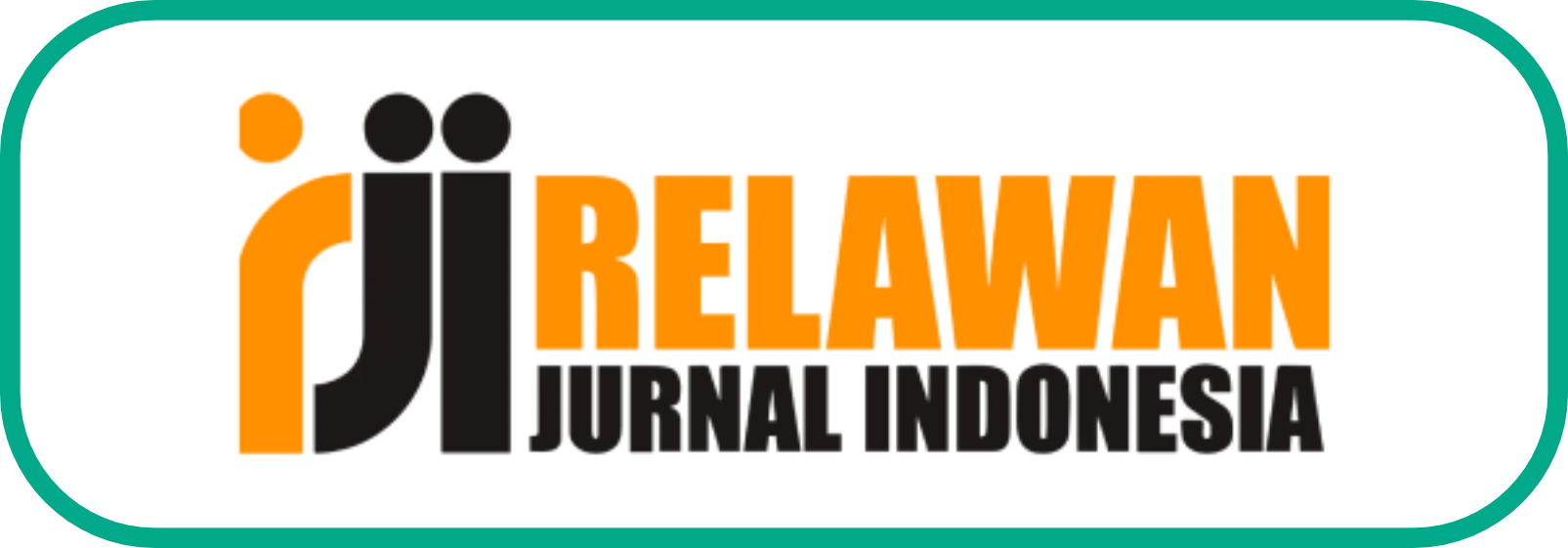PENINGKATAN PERAN TUTOR DENGAN AKTUALISASI DIRI MAHASISWA KEPERAWATAN DALAM PROSES TUTORIAL (SEVEN JUMPS) PADA PRODI ILMU KEPERAWATAN DI FAKULTAS KESEHATAN DAN MIPA UNIVERSITAS MUHAMMADIYAH SUMATERA
Sari
The role of the tutor is very important, because the tutor is one of the most dominant group in learning process to achieve a purpose, while self actualization is a human instinctive need to do best their. This study is focused to determine students' perceptions of the tutor's role in the process of self-actualization student tutorial in PSIK. Based on observation is sometimes student with a learning pattern of the discussion, the students more silent than speak up an opinion in their discussion and self-actualization is less good student, because the student is shy and also less an understanding of the tutorial scenario. Results of univariate study showed that students' perceptions of the role of the tutor is PSIK more than most (85.9%) the good tutor role, while the perception of students toward self-actualization PSIK students showed that the majority (93.8%) self-actualization good student. Based on chi-squere results indicate that there is a relationship between the role of the tutor with self-actualization PSIK student in 2014 with p = 0.007. This research is a descriptive correlative with a cross-sectional approach. The study was conducted from March to August 2018 through the distribution of questionnaires to independent and dependent variables. The samples is 77 respondent. Engineering samples are used is total sampling and tested using chi squere. The instrument used was a questionnaire that is based on theory Harsono. Analysis of the data in this study using a frequency distribution. The conclusion of this study indicate that the role of the tutor has a significant relationship to student self-actualization. It is expected that the role of the tutor can perform its role well and good self-actualization of students in order to reach the desired goal. Keywords: Perception, The role of the tutor, the Student Self Actualization.
Teks Lengkap:
PDFReferensi
Arikunto, S. (2016). Prosedur Penelitian Suatu Pendekekatan Praktik. Jakarta: Rineka Cipta. Arifin, Z. (2017). Persepsi Mahasiswa PSIK FK UGM Terhadap Problem Based Learning di Fakultas Kedokteran UGM. Skripsi strata satu, Universitas Gadjah Mada, Yogyakarta. Azwar, S, (2018). Sikap Manusia, Teori dan Pengukurannya. Yogyakarta: Pustaka Pelajar Offset. Blogtoplist Nurse Activity. (2006). Haruskah Perawat Bekerja di Luar Negeri. Diakses 11 Desember 2017, dari Blogtoplist.com Cahyono, A.D. (2014). Evaluasi Pelaksanaan Tiapan Seven Jumps Dalam Pelaksanaan Diskusi Tutorial Mahasiswa Psik FK UGM. Skripsi strata satu, Universitas Gadjah Mada, Yogyakarta. David, T., Patel, L., & Burdett (Eds.). (2017). Problem Based Learning In Medicine. The Royal Society of Medicine Press Limited. Elisabeth, R., (2016). Evaluation of Pilot PBL Implementation at The Faculty of Medicine Atma Jaya Catholic University, Jurnal Pendidikan Kedokteran, Volume 1, No 2. Emilia, O., Suryadi, & Tridjko. (2016). Penerapan Metode PBL Pada Pembelajaran di Akademi Kebidanan Jawa Tengah dan Jawa Timur, 114 - 118, AIPKI. Fakultas Kedokteran. (2015). Buku Panduan Akademik PBL Kedokteran Umum. Fakultas Kedokteran UMY, Yogyakarta. Fakultas Kedokteran. (2017). Buku Panduan Akademik PSIK. Fakultas Kedokteran UMY, Yogyakarta. Harsono. (2014). Penghantar Problem-Based Learning. Media FK UGM: Yogyakarta. John, A., & Ronald, M. (2015). A Practical Guide For Medical Teachers. Cina: Elsevier Churchill LivingStone. Kaufman, A., (2016). Implementing Problem-based Medical Education; Lesson From Successful Innovations. New York: Springer Publishing Company. Lubis, G., (2017, 19 september). Pembelajaran Berbasis Masalah. Diakses 22 juni 2018,dari www.lubisgrafura.wordpress.com Mandel, Lynn. (2016). Problem – Based Learning. Yogyakarta: Department of Medical Education. Mercer University School Of Medicine. (2015). Being An Effective Tutor. Georgia Tutor Development Team. Nursalam. (2017). Manajemen Keperawatan Aplikasi dalam Praktik Keperawatan Profesional. Jakarta: Salemba Medika. Nursalam. (2016). Konsep & Penerapan Metodologi Penelitian Ilmu Keperawatan, Pedoman Skripsi, Tessis dan Instrumen Penelitian Keperawatan. Jakarta: Salemba Medika. Saryono, Thianti, S., & Sumoprawiro. (2006, Mei). Evaluasi Pelaksanaan Problem Based Learning di Program Pendidikan Dokter Universitas Jenderal Soerdiman Purwokerto, Mandala of Health, Volume 2, No 2. Sudarman, (2017, Maret). Problem Based Learning: Suatu Metode Pembelajaran Untuk Mengembangkan dan Meningkatkan Kemampuan Memecahkan Masalah. Jurnal Pendidikan Inovatif, Volume 2, No 2. Sugiyono. (2016). Statistika untuk Penelitian. Bandung: Alfabeta. Tridjoko, (2016). Tips untuk Fasilitator pada tutorial Problem-Based Learning., 89, Asosiasi Institusi Pendidikan Dokter Indonesia (AIPKI). Wood, D., (2003, 8 Februari). ABC of Learning and Teaching in Medicine. Diakses 11 desember 2017, dari www.BMJ.com. Zulharman, (2017, 15 juli). Inovation Of Medical Education. Diakses 30 November2017,darihttp://Zulharman79.wordpress.com/2007/07/15-problem- basedlearning/pbl Zulharman. (2018, 20 februari). Problem Based Learning. Jurnal Pendidikan Kedokteran. Diakses 29 april 2018, darihttp://Zulharman.wordpress.com
DOI: https://doi.org/10.33559/mi.v12i11.1061
Article Metrics
Sari view : 646 timesPDF - 792 times
Refbacks
- Saat ini tidak ada refbacks.
##submission.copyrightStatement##
INDEXED BY :
Lembaga Penelitian & Pengabdian Masyarakat (LPPM). Universitas Muhammadiyah Sumatera Barat
Jl. Pasir Kandang No.4, Pasie Nan Tigo, Kec. Koto Tangah, Kota Padang, Sumatera Barat 25586.
Email : lppmumsb@gmail.com
 This work is licensed under a Creative Commons Attribution-ShareAlike 4.0 International License.
This work is licensed under a Creative Commons Attribution-ShareAlike 4.0 International License.
















